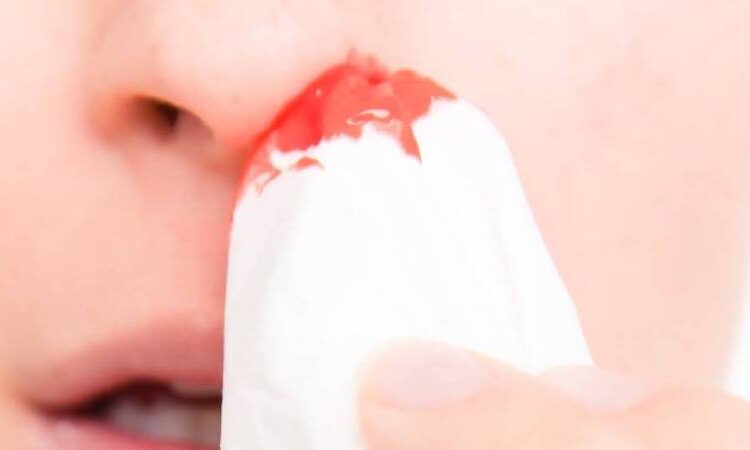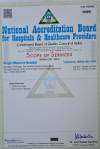
Nosebleeds can be profuse and dramatic, but the good news is that most of them are not serious. They can certainly be frightening at times, but they are rarely life-threatening. They can occur at any age but are most common under age 10 and over age 50.
But have you ever wondered what causes nosebleeds? We’ll take a look at this issue and, even more importantly, examine how to prevent nosebleeds.
What Causes Nosebleeds?
Often, there is no obvious reason for the bleeding and it may seem very random. However, there are some factors that can cause bleeding. These include:
- Dry air
- Picking the nose
- Chemical irritants
- Nasal septal deformities
- Allergies
- Trauma or injury
- The common cold
- Overuse of nasal spray
- Upper respiratory infections
- Medication such as aspirin and other blood thinners
- Hypertension (high blood pressure)
- Vascular diseases
The nasal mucous membranes warm and humidify air as it passes through the nose. To accomplish this, the nose has a very rich vascular supply. There is a collection of blood vessels on the anterior septum—the bone that divides the nose– called Kiesselbach’s plexus– where the vast majority of nosebleeds occur.
Have you noticed that nosebleeds are more common in winter?
Heated air and chronic colds can irritate and dry the delicate blood vessels of the nose. Excessive picking, scratching, nose-blowing and sneezing—which are more common in winter—contribute to nosebleeds.
Why Do Allergies Cause Nosebleeds?
If you or your child has chronic allergies, your nose may bleed frequently. Those with allergies are very susceptible to nosebleeds.
Why? To answer this question, it helps if you know how allergens affect the inside of your nose. An allergen is any substance—such as pollen or ragweed—that prompts an allergic reaction.
There are many tiny blood vessels in the nose, and these vessels can be easily damaged, which leads to nosebleeds. Even something as simple as air moving through the nose can contribute to the problem by irritating the nasal membranes, which in turn, can damage the tiny blood vessels. Allergens dry out your nose, which leads to irritation and nosebleeds.
Antihistamines or decongestants, often used to alleviate allergy symptoms, may also cause a dry nose and create nosebleeds. In the winter, when the common cold and viruses are more prevalent, nosebleeds are common. Nosebleeds can occur in the nasal septum (the piece of tissue that separates your nose into two nasal passages) or farther back in the nasal cavity. Infections that are the result of allergies increase the likelihood of a nosebleed.
Can Stress Cause Nosebleeds?
By itself, stress is not likely to cause nosebleeds. In many cases, it is the response to stress—not the stress itself—that causes the nosebleeds.
When some people are stressed they may tend to blow their nose frequently or pick at it. This can trigger a nosebleed. Stress can also contribute to high blood pressure, which can be a potential cause of nosebleeds.
Why Are There So Many Nosebleeds in Kids?
Most often, these are caused by dry air or picking the nose. Children may also have minor injuries to their nose from sports or the playground. These are rarely serious but can be very scary for your child.
If your child has a nosebleed, reassure them. However, if the nosebleed doesn’t stop after 20 minutes, or if you feel your child has something stuck in their nose, contact a Raleigh ear, nose and throat doctor near you, such as a member of our compassionate, dedicated team at Raleigh Capitol ENT.
We offer extensive pediatric ENT services. In fact, if your child is experiencing any of the following, we recommend schedule an appointment with one of our ear, nose and throat physicians in the Raleigh area:
- Frequent or chronic nosebleeds
- A new medication
- Bruises easily
How to Prevent Nosebleeds?
Fortunately, nosebleeds are easy to prevent by following a few simple steps. We recommend:
- Humidifying the air
- Applying nasal saline sprays
- Avoiding blowing your nose hard or picking the nose
- Avoiding hot and spicy foods
- Avoiding hot showers
- Not taking aspirin or other blood thinners unless they are medically necessary



